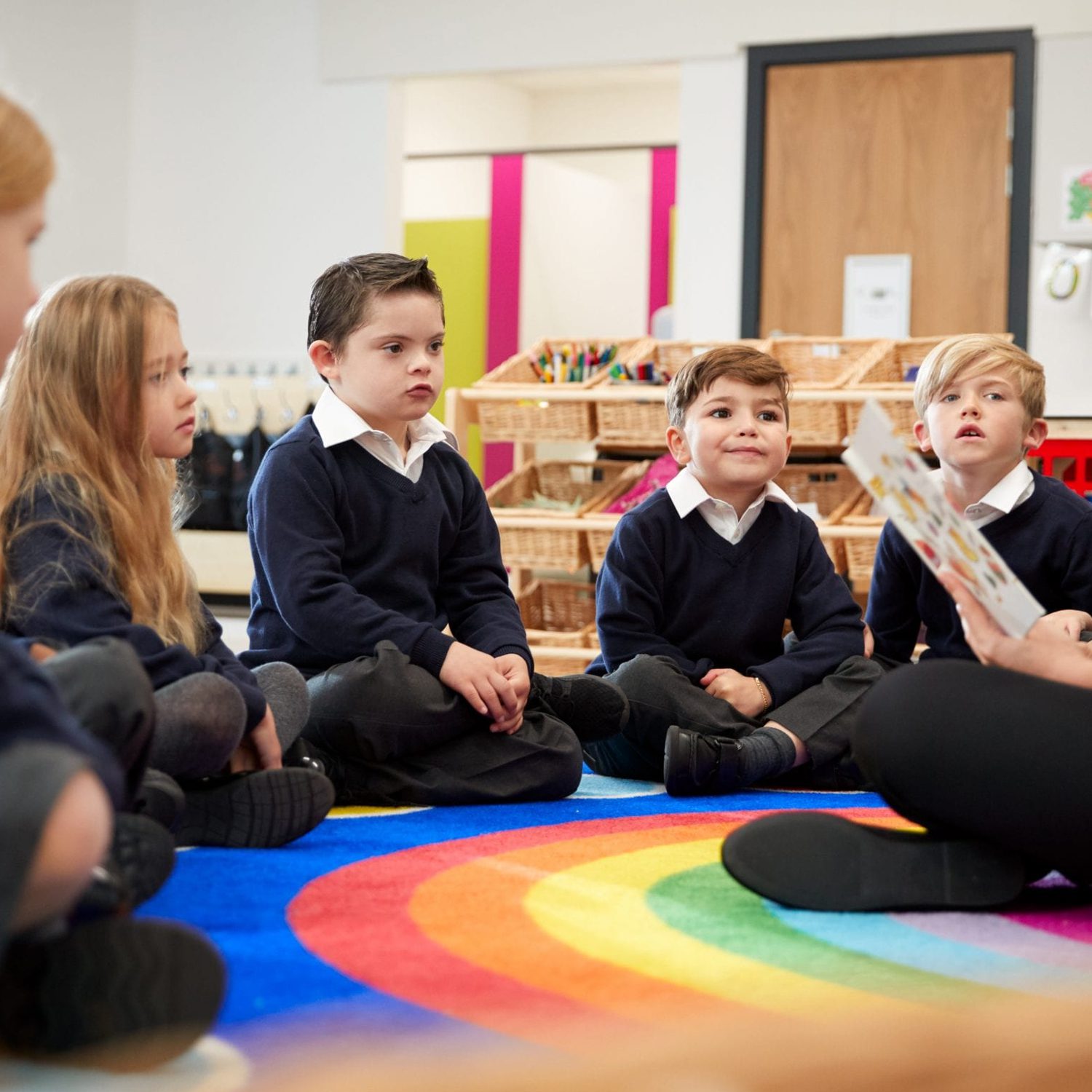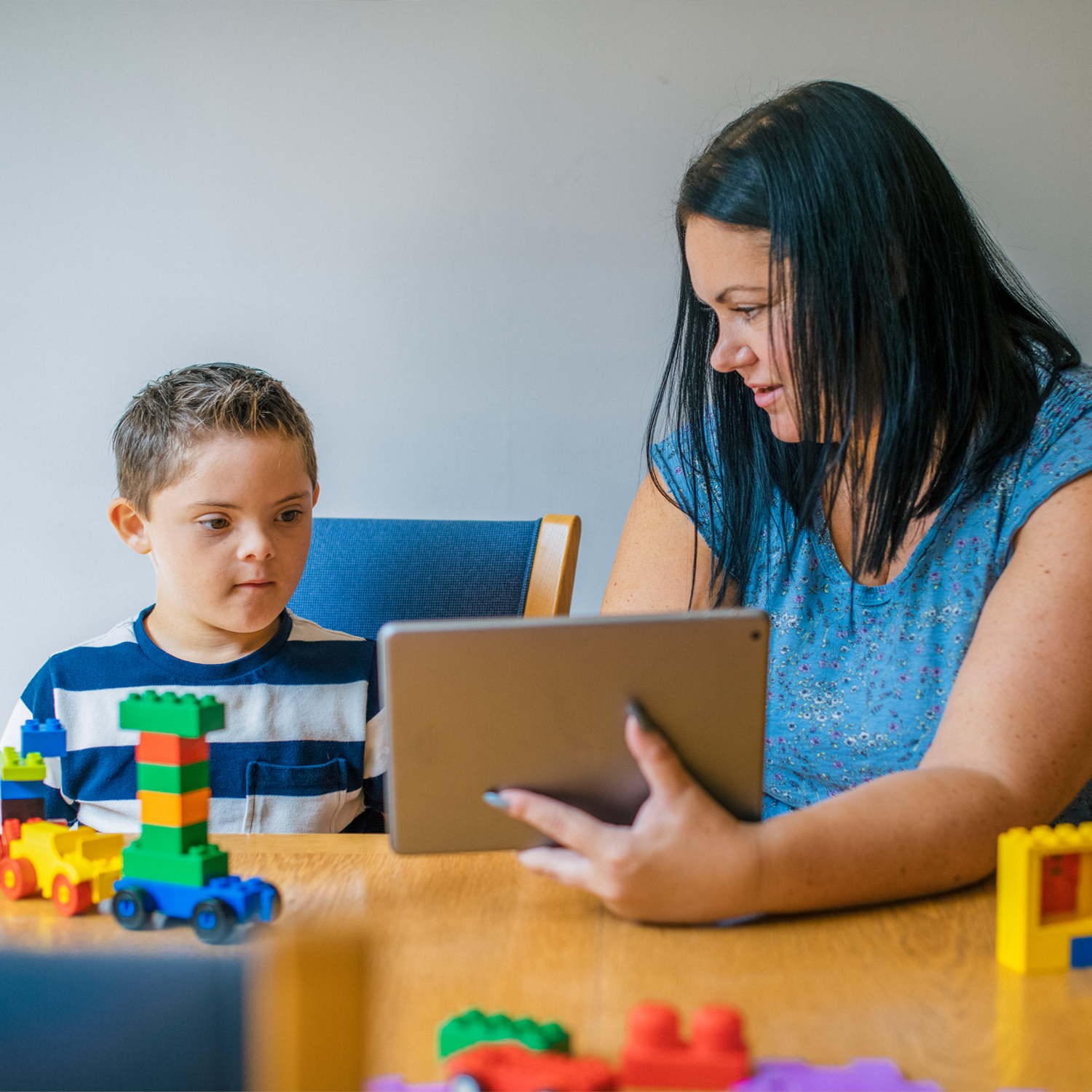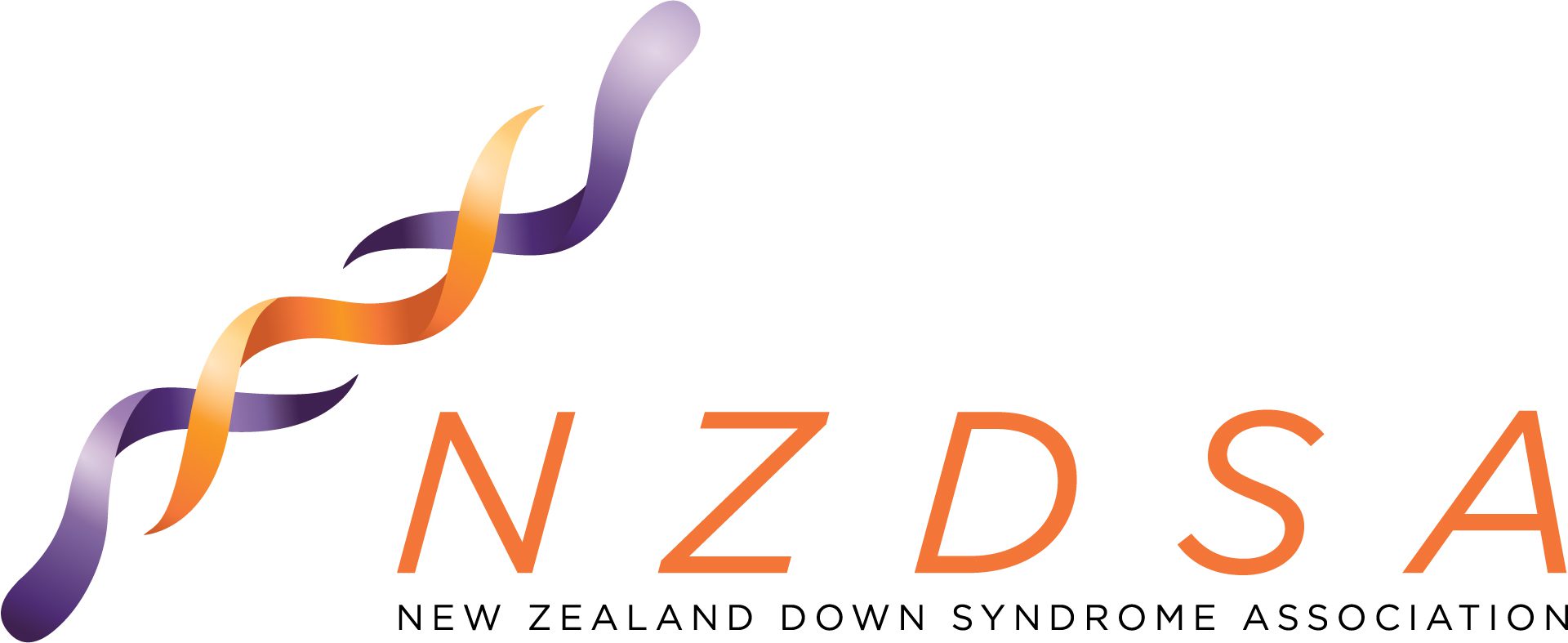School Days
All children with Down syndrome in New Zealand have a right to an education
Attitudes have changed dramatically in New Zealand with the introduction of the Education Act of 1989 which says, “People who have special educational needs (whether because of disability or otherwise) have the same rights to enrol and receive education in state schools as people who do not.”
Today, children with special education needs should expect to be welcome at their local schools, as is their legal right.
Families can send their child with Down syndrome to any state school of their choice (if in zone).
Support
- Children with Down syndrome usually need extra help at school.
- The curriculum often needs to be adapted to suit them.
- They may need special equipment. e.g communication board.
- They usually need a teacher aide to work with them for some or all of the school day.
- Most children with Down syndrome get money for this through Ongoing and Reviewable Resourcing schemes (ORRS).
- The vast majority of children with Down syndrome qualify for funding through ORS (Ongoing Resourcing Scheme), which enables schools to provide the support required.

Inclusive education
In several areas of New Zealand, whānau have the option of special schools or satellite units in mainstream schools. For some whānau and learners, this approach will be their preferred choice rather than mainstream schools.
Inclusive education helps children with Down syndrome have an ordinary life, going to school like their brothers and sisters and other local children.
They learn from the other children and other children learn from them, as they learn that the world is made up of all sorts of people and they learn to accept differences.
Inclusive education needs proper funding and support which should come through the Ministry of Education.
“Mainstreaming meant my son was in his local community and mixing with other children from the area. He could walk to and from school he copied typical children’s behaviour – good and bad – and he gained knowledge and skills.”

Alternative settings
Some areas of New Zealand have special schools or units and some families choose this kind of education for their child.
Other whānau may choose to follow a home education pathway. In New Zealand, in order to home educate, a parent or guardian must apply and be granted approval from the Ministry of Education. Home educators are able to access Te Aho o Te Kura Pounamu – Te Kura (formerly the Correspondence School).
It’s important that families follow the educational pathway for their child that best-suits them and their situation.
“I guess through my daughter’s education the clear lesson has been to evaluate, re-evaluate and feel free to follow what is best for your child. There are several educational options for children with special needs. Each option will affect your child differently. As children develop the educational setting may vary as well.”

Out-of-school activities
School age children with Down syndrome can often be included in many of the same activities as other children.
There are also other organisations that provide activities for children with additional needs e.g. Special Olympics.
“I went to a surprise birthday party the class were putting on for my daughter at her mainstream secondary school. In the middle of the table sat a lovely big cake made especially and all the students had made her favourite foods, pizza, waffles, sausage rolls, ice cream and fancy biscuits. My daughter was so pleased with everything. They all sang happy birthday to her – big smiles all round. It’s so positive to see the interaction in the classroom and know that these kids all accept her special needs, are interested in what she is doing and delight in her achievements. I left with a lump in my throat.”
